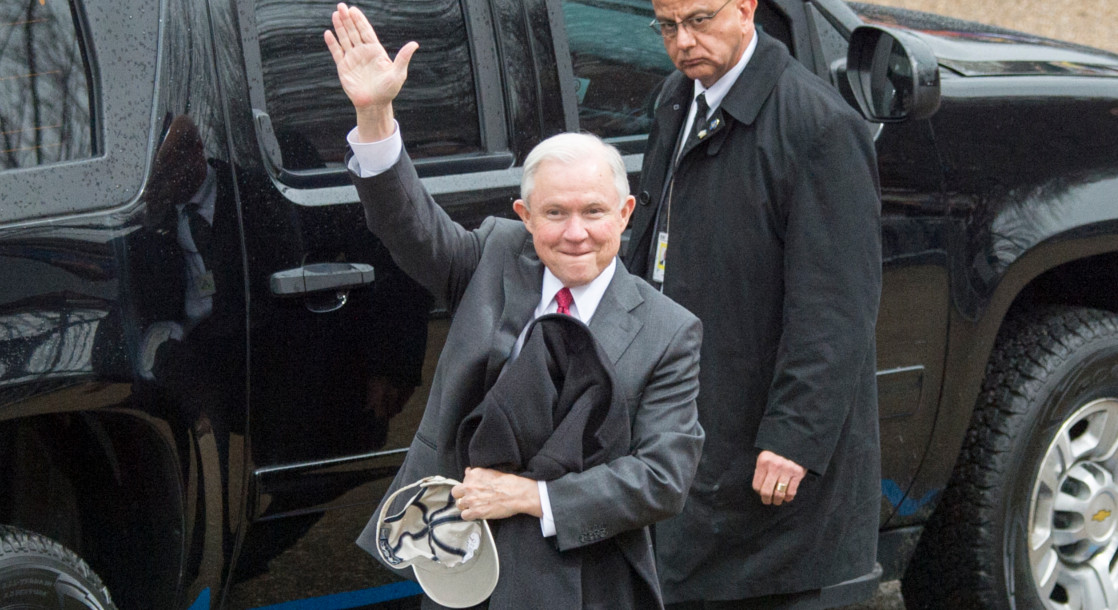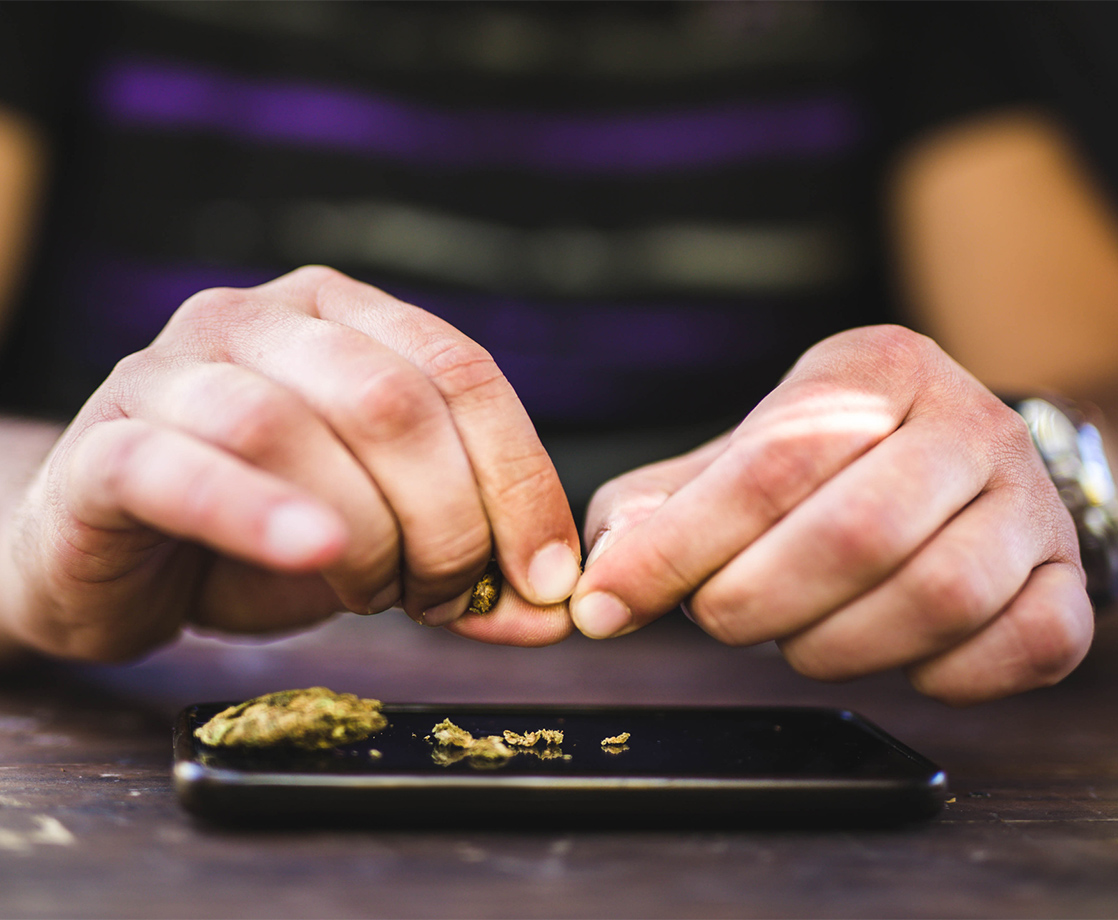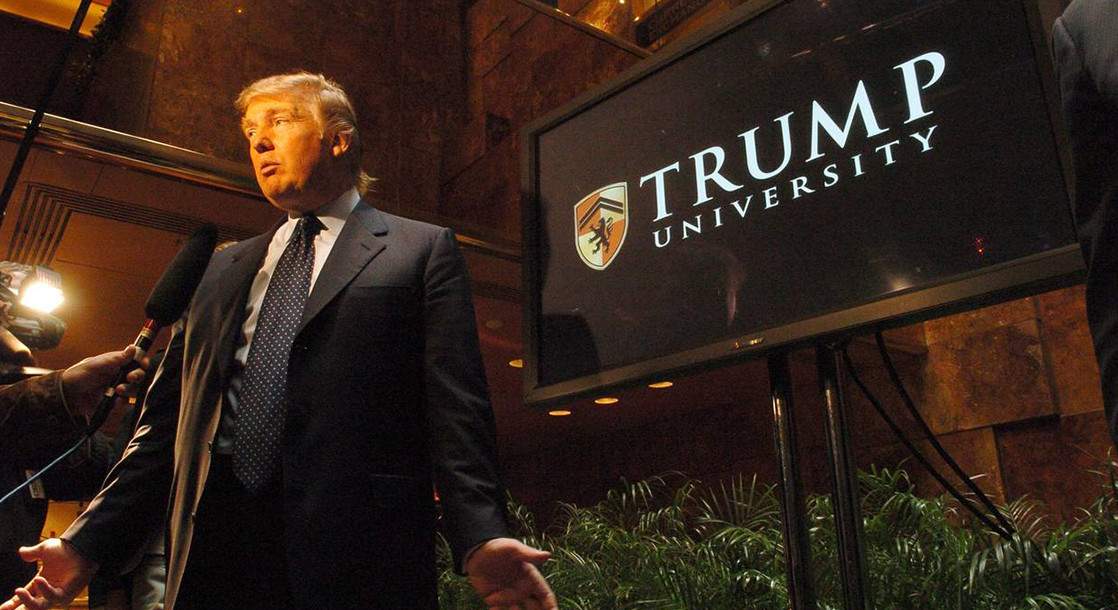Although President Trump’s Justice Department has yet to give a solid indication over whether it intends to drag the United States back to a time where total prohibition was the law of the land, some of the administration’s recent actions give every indication that the days of legalization are about to start changing – and definitely not for the better.
Last week, U.S. Attorney General Jeff Sessions emerged from his office waving a new memo that completely destroys a common sense policy set out years ago by former Attorney General Eric Holder. The previous standard called for prosecutors to take it easier on nonviolent drug cases, while the updated strategy urges local hatchet men and women all over the nation to go for the jugular with respect to any situation involving illegal drugs.
“This is a disastrous move that will increase the prison population, exacerbate racial disparities in the criminal justice system, and do nothing to reduce drug use or increase public safety,” Michael Collins, deputy director of national affairs for the Drug Policy Alliance, said in a statement. “Sessions is taking the country back to the 1980s by escalating the failed policies of the drug war.”
Some believe that Sessions’ Nixon-esque approach to the new American drug war – one that suggests burying drug offenders underneath the prison system – is just a little spit on the tailbone of the legal marijuana market, subliminally preparing the industry for an assault bound to bowleg everyone involved for the next four years.
While the Trump Administration has not come straight out and said, “We’re going to put a stop to all of this legal marijuana nonsense,” enough has happened over the past few months to suggest that something dreadful is on the horizon.
President Trump could give two flying squirts about the Congressional rider tucked inside the federal spending bill aimed at protecting medical marijuana states. In a recent signing statement, he indicated plans to enforce federal marijuana law the second it becomes necessary.
"I will treat this provision consistently with my constitutional responsibility to take care that the laws be faithfully executed,” he said.
Meanwhile, Attorney General Jeff Sessions has appointed a task force that is presently reviewing national policies dealing with legal marijuana. This crew of federal law enforcement officials is supposed to submit their findings within the next couple of months, which some believe will be part of Sessions’ case for reversing yet another Obama administration memo allowing states to experiment with legal marijuana.
We have a gut feeling that, at least, some changes are coming for how the federal government deals with legal weed — we just don’t know how far it will go.
Some of the latest comments from the Justice Department indicate that anything is possible.
“The Department of Justice must be in a position to use all laws available to combat the transnational drug organizations and dangerous drug traffickers who threaten American lives,” Ian Prior, a spokesperson with the DOJ, told the Washington Post.
Marijuana advocates have threatened to take Trump and his Nixon spin-offs to court if the administration fails to adhere to the spending restrictions recently signed by Congress. But, as we have seen by Trump’s behavior and contentious relationship with the truth, the “king” will do as he pleases – giving no thought whatsoever to the potential backlash.
But the unspoken flaw in the marijuana industry is that is has placed all of its trust and money in temporary amendments and memos rather than concrete reforms.
If the Trump administration does present hardships for legal marijuana states, it is only because Congress has refused to change federal law. To entirely blame Trump or Jeff Sessions for any sort of marijuana crackdown doesn’t paint the complete picture of elected representatives that have consistently refused to consider changing cannabis policy on a federal level despite the evolving attitudes of their constituents.











